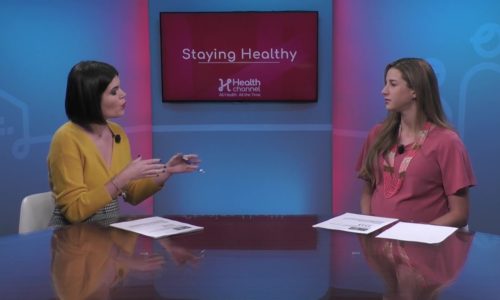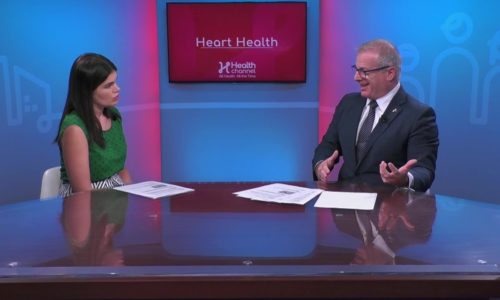
The Obesity Society’s December newsletter listed their top 10 articles from 2017. One of them caught my attention: “The real reason you’re gaining weight as you get older.” This article, featuring insight from Dr. Caroline Apovian, the Director of the Nutrition and Weight Management Center at the Boston Medical Center, focused on an overlooked truth. We lose muscle as we age.
Muscle, as you may have guessed, is very metabolically active tissue. The more muscle you have, the more fuel you need. Unfortunately, muscle mass naturally declines with age, and with it, our calorie needs also decrease. There are two things you can do about this if you want to avoid weight gain: eat less as your muscles waste away (not my preferred option) or focus on gaining or maintaining muscle so you can keep eating the same amount or more.
After age 30, we naturally lose about 3-5% of our muscle mass per decade. However, we can certainly reduce the rate of muscle loss through regular progressive resistance training and increasing our protein intake. The average Senior (who does resistance training) needs to support that muscle by eating 1-1.3g of protein per kilogram of body weight per day. Let’s say you weigh 150 lbs (68 kilos), that’s 68-88g of protein per day. Since one large, skinless chicken breast equals about 43g, you’d need to eat at least two of them per day. Not hard to do, but takes a little bit of determination.
Obviously there are many excellent sources of protein, so I’m only using chicken breast as one example. But visually, I think it helps to imagine how much protein is necessary to maintain your muscles. As you prepare to make some New Year’s resolutions, I strongly encourage you to include weight training and increased protein intake as part of your fat loss plan. At least that way, you’ll have larger muscles and be able to eat more in the long run, which is what we all really want, right?
How much weight training is enough?
That’s a tough question. How much muscle do you want? Do you have any injuries that might limit your ability to do certain exercises? Ideally, you should weight train at least three times a week. A beginning regimen might look like this (recommended by Harvard Health):
- 8 to 10 exercises that target all the major muscle groups
- sets of 12 to 15 reps, performed at an effort of about 5 to 7 on a 10-point scale
- two or three workouts per week.
Muscles grow fastest when you challenge them with heavy weight. The right weight for you (for a given exercise) is the amount that you can do at least 8 full reps with good technique. Explosive movements (jumping, Burpees, jack pushups, etc.) are also excellent muscle-builders if injuries don’t prevent you from doing them. Take athlete Kaisa Keranen, for example (check out
her videos). She has extraordinary muscle mass, but does mostly body-weight activities. So whether you follow a traditional weight-lifting regime, or a more “power” focused, high-intensity style workouts, you can build great muscle and eat more calories than if you starve yourself and do low intensity cardio work outs.
Have a Happy New Year… and don’t fall into the trap of starvation dieting as a resolution! Build muscle, eat protein, look younger, feel stronger! Push yourself for best results. I’ll see you at the gym… or the chicken aisle of the local grocery store?
References
If you have any more questions just Ask Hanna, our health advisors are here to help.
Image: ©Shutterstock / TierneyMJi









